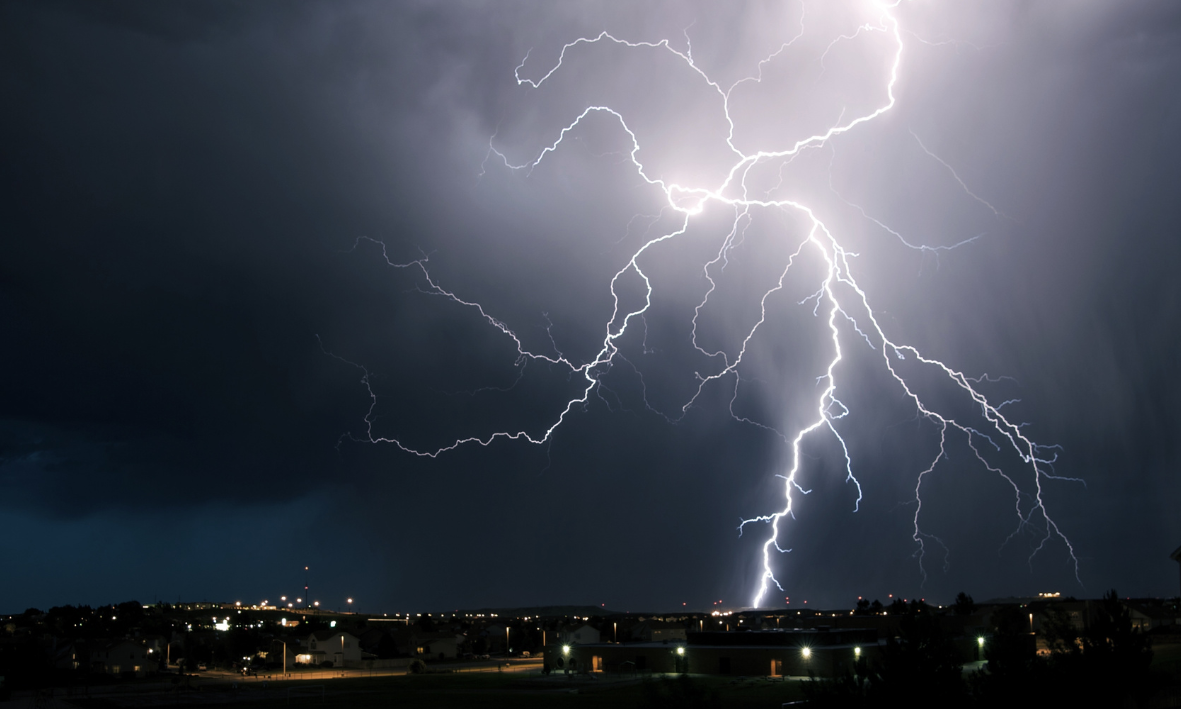
Water crisis in South Africa: a call for accountability and sustainable solutions
Statement by Zandile Phiri, Acting Secretary General of the United Democratic Movement The United Democratic Movement (UDM) notes with alarm Deputy President Paul Mashatile’s revelation that as of June 2025, municipalities collectively owe South Africa’s water boards R25.1 billion. This staggering debt is not a new phenomenon. It reflects long-standing financial mismanagement and poses a severe threat to the equitable provision of water services for millions of households. Water is a scarce and precious resource in South Africa. Yet instead of building capacity to deliver this essential service, many municipalities remain trapped in cycles of arrears, infrastructure decay, and disputes. These failures compromise both urban and rural communities and demonstrate a persistent breakdown in governance. The UDM cautions government against treating this crisis as merely a matter of debt collection. Punitive measures, such as slicing municipal budgets, may provide temporary relief for water boards but will ultimately deepen dysfunction in local government and compromise the delivery of water and sanitation services. Adding to the urgency, water boards themselves have faced severe dysfunctionality for years, driven by instability in leadership, poor governance, and weak oversight. Without stable boards, effective CEOs, and proper institutional controls, service delivery, financial management, and strategic planning remain compromised. The UDM believes that a sustainable solution requires that household water supply becomes a reality for every family, with local government fully supported and capacitated by national government. Infrastructure renewal and maintenance must be prioritised to address aging systems, avoidable losses, contamination, and service breakdowns. Clear national standards for water treatment and sanitation must be enforced to safeguard public health. A universal system of water charges, including a Basic Service Subsidy, must ensure access for indigent and poor households, with fair and transparent revenue collection ring-fenced for service provision. Capacity-building and skills transfer from national to local government are essential to ensure municipalities can meet their constitutional obligations. The UDM calls for a comprehensive stabilisation plan for water governance that balances financial accountability with capacity-building. Municipalities that deliberately withhold payments despite collecting revenue must face consequences. Equally, national government has a duty to strengthen the systems, skills, and infrastructure required for sustainable water delivery. The urgency of this crisis is visible in communities across the country. In Gauteng, families in Coronationville, Westbury, and Ivory Park, Tembisa, have clashed with police over dry taps. In the Eastern Cape, residents of Qunu have been forced to draw water from untreated rivers, exposing themselves to deadly waterborne diseases, a situation compounded by allegations that the town has had no proper running water since 2014. These incidents are not isolated; they are symptomatic of systemic collapse in water governance. Communities should not have to protest, blockade highways, or drink unsafe water to access a basic constitutional right. Water is a right, not a privilege. South Africans cannot be made to suffer for the failures of governance. The time for government to stop papering over the cracks and to decisively address the root causes of municipal dysfunction is long overdue.

South Africa’s climate crisis: UDM calls on GNU to act swiftly
Statement by Zandile Phiri, Acting Secretary General of the United Democratic Movement The United Democratic Movement (UDM) is deeply concerned about the deteriorating climate crisis gripping South Africa. The country is in the grip of a worsening climate change crisis, with extreme weather events hitting harder and more often, putting the country’s people, economy, and environment at risk. Just this month, February 2025, KwaZulu-Natal was hammered by heavy rains and mudslides that killed seven people, while the Eastern Cape saw healthcare facilities wrecked by strong winds and flooding in the Alfred Nzo region. Pretoria has also recently endured a devastating tornado and severe flooding, prompting urgent safety warnings as homes, businesses, and infrastructure were left in ruins. South Africa needs to fight back and stop matters from getting worse. In that case, we need big, bold moves, starting with fixing our energy and transport systems, to cut emissions. The African Risk Capacity (ARC) has published a white paper titled “The State of Natural Disaster in Africa”, which examines the state of natural disasters in Africa and sheds light on a growing concern about the increased frequency of weather-related natural disasters and their devastating economic impact on the continent. Over the last decade, the frequency of disasters has steadily increased, rising from 32 incidents in 2014 to 56 occurrences in 2023, mainly due to floods. This escalating crisis has left South Africa, Mozambique, and Madagascar among the worst-affected nations in Southern Africa. Tackling this crisis requires an aggressive shift towards sustainable solutions. The country must prioritise strengthening its energy and transport systems to reduce emissions and build climate resilience. Government's commitment to renewable energy, as outlined in the Integrated Resource Plan, must be expedited to a just transition away from coal dependency. The potential of solar and wind energy, especially in resource-rich regions like the Northern Cape, must be fully, but carefully, harnessed. Additionally, investment in nuclear power, including small modular reactors that have proven successful in other nations, like China could ensure a stable and clean energy supply. Equally crucial is a transformation in the transport sector, as 90% of the country's transport emissions come primarily from private vehicles. The expansion of the Bus Rapid Transit (BRT) systems, such as Rea Vaya in Johannesburg, A Re Yeng in Tshwane and MyCiTi in Cape Town, could be a game-changer in reducing congestion and emissions. However, these systems must extend beyond major cities to smaller towns and rural areas, where deteriorating roads and limited public transport options have left communities vulnerable. To achieve this, the government must also address the ongoing tensions with the taxi industry and integrate minibus taxis into a cleaner, more efficient public transport system. Rail transport remains another area in dire need of reform. PRASA’s inefficiency, compounded by years of neglect and mismanagement, has rendered the system unreliable, leaving millions (including business and manufacturing) reliant on road transport. Restoring and modernising rail networks could significantly cut emissions while providing a safer, cost-effective transport alternative, particularly during disasters when roads become impassable. Strategic investment in rail infrastructure must become a national priority, ensuring that railways play a meaningful role in South Africa’s green transition. Beyond energy and transport, climate-proofing infrastructure must be embedded into urban planning, agriculture, water management, and disaster preparedness strategies. Extreme weather events are not anomalies but a new reality. Roads, bridges, buildings, and power grids must be designed to withstand severe weather conditions, while early warning systems and emergency response capabilities need urgent enhancement. Strengthening partnerships with global actors, like the European Union, will also be crucial in securing funding and technical expertise to meet the country’s climate targets under the Paris Agreement which for example include a greenhouse gas emission target of 350-420 MtCO2e by 2030. The evidence is undeniable, climate change is no longer a distant threat but an immediate crisis. The UDM believes that the Government of National Unity must act decisively to mitigate its effects, protect vulnerable communities, and build a sustainable future. The tools, policies, and frameworks exist, but without bold leadership and swift implementation, the country risks sliding deeper into an environmental and economic catastrophe. The time for half-measures and lip service has passed, our country needs urgent, transformative action before it is too late.


